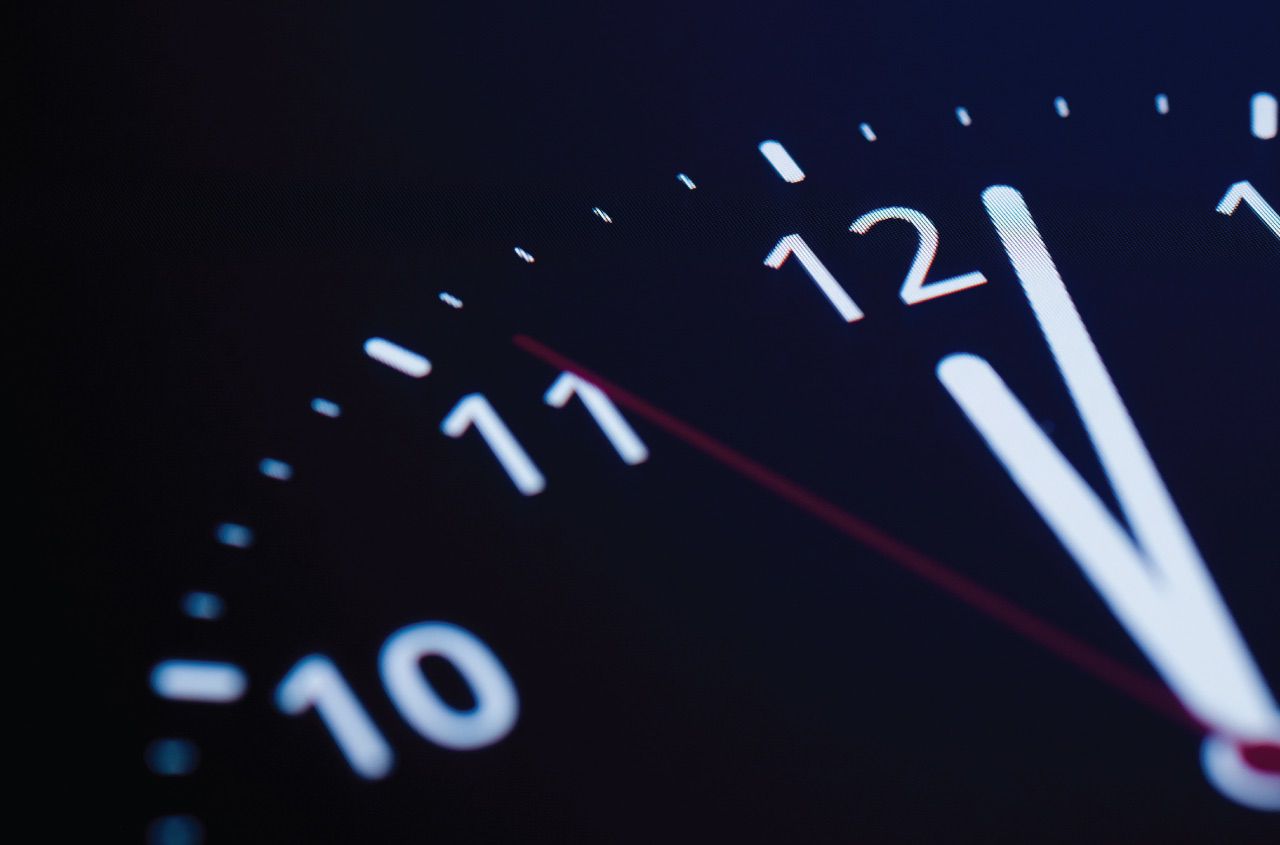We’ve all been there – rushing around to get everything done, while also trying to have a social life. It seems sleep takes a backseat, with people having an attitude of “I’ll sleep when I’m dead.” But what does this look like in reality?
4:00 am
The coffee starts to drip, and the alarm rips through the stillness of the night. He reaches over and smashes the iPhone’s screen before sitting up in bed.
Half asleep, he stumbles to the bathroom as his hand searches the wall for the light switch.
*Click*
He squints as he feels light beaming through his retinas and tries to talk himself out of getting back into bed.
A splash of cold water to the face along with a quick shave.
By this time, the coffee has finished brewing, and the smell faintly awakens him.
1 sip.
Still asleep.
2 sips.
Still exhausted.
3 sips.
Nothing changes…
“What’s wrong with me?” he mutters to himself.
4:50 am
Out the door with a full day ahead and no energy in sight.
Overworked, Underslept, and Overtrained?
Does that story sound familiar?
Maybe you find yourself leaving the house each morning trying to find energy in a bottomless cup of coffee or an extra-tall Monster.
Take heart, you’re not alone. However, I’d argue that this is not normal either.
Humans have a few basic requirements in life. These may be controversial, depending on who you talk to, but I’ll argue that they’re required, at least from a physiological point of view:
- Food
Sure, you can fast, but eventually, you will die without food. No one is immune to a lack of nutrients and calories. - Water
You can go 3-5 days without water, maybe 7 if you’re lucky (or crazy). But after that, you’re in serious trouble. - Sunlight
While humans have become notoriously good at keeping themselves locked up in perfectly climate-controlled indoor environments, it is certainly not beneficial for long-term health or performance. We’re continuing to see a growing number of diseases linked with low serum vitamin D levels. But keep in mind that this is a bidirectional relationship. In other words, low vitamin D is not necessarily the cause of these chronic issues, but the lifestyle that results in low vitamin D may predispose someone to develop these issues after years of poor lifestyle choices. - Oxygen (aka clean air)
78% nitrogen, 21% oxygen, 1% argon, and a few other trace gases. Do those numbers ring a bell from high school biology? They should because that’s the composition of our atmosphere. If you drastically change any of those numbers, human physiology starts to run into issues. The entire body runs on oxy-hemoglobin dissociation – if you deprive cells of oxygen, you fail to function. - Sleep
According to popular opinion, sleep is now considered more of a societal inconvenience than a biological necessity. However, the data is clear-cut – sleep deprivation negatively affects every single physiological system in the body, no questions asked. But what happens if you don’t, can’t, or won’t sleep?
Outside of these basic physiological requirements, you’ll also find that we’ve done an exceptionally poor job of differentiating between common and normal.
Sleeping 5 hours per night may be common, but it’s certainly not normal.
Constant fatigue and an endless need for caffeine may be common, but it’s not normal.
Remember, there’s no such thing as a “caffeine deficiency.”
Struggling to make it through the day? You just need coffee, that’s the solution!
No, the solution is more sleep. That’s what your body is trying to tell you if you would listen. However, most folks will pour another cup and assume it’s just a normal part of life.
Hint: It’s not.
Sleep: The Swiss Army Knife of Health
Humans generally tend to function well for roughly 16 hours, and then the wheels start falling off from a cognitive standpoint:
“This finding suggests that there is a critical period of stable wake time within each circadian cycle after which neurocognitive deficits occur: this statistically estimated critical period was equal to 15.84 hours, and its associated sleep period was equal to 8.16 hours.” — Van Dongen et al. 2003
But it’s much more than just cognitive deficits. You’ll find that chronic sleep deprivation alters your ability to resolve inflammation, initiate muscular growth, and regulate your mood.
However, you’ll find many who are only getting 4-5 hours nightly. I was recently chatting with an investment banker who told me that he slept 4 hours per night in his first year of employment and subsequently gained 45 pounds.
Crazy, right?
Not really. Current data estimates that 20% or more of the American population sleeps 5 hours or less.
Not a big deal you say?
Except it is…
“Daytime testosterone levels were decreased by 10% to 15% in this small convenience sample of young healthy men who underwent 1 week of sleep restriction to 5 hours per night, a condition experienced by at least 15% of the US working population. By comparison, normal aging is associated with a decrease of testosterone levels by 1% to 2% per year.” — Leproult et al. 2015
Got your attention yet?
So, What Do We Do About It?
To the average person, the solution seems simple – sleep more.
As you might have guessed, this problem is much more complex than that. We need to factor in physiologic, psychologic, socioeconomic, epidemiologic, and pathologic data within this equation.
Consider the following:
- Can’t fall asleep
- Falls asleep but can’t stay asleep
- Struggles to wake up
- Works the night shift
What do you do? This article is the first of many when it comes to sleep regulation and enhancement, so it won’t cover everything. There are obviously numerous circumstances that need to be addressed, but we’ll narrow it down to those 4 for now. Let’s break down each of them.
“I can’t fall asleep.”
- Often a psychological problem
- Give yourself enough time to wind down each night. Spend 30-60 minutes with ZERO electronics before bed – read a book instead.
- Consider guided mindfulness or meditation. Headspace and Calm are both excellent options, but there are many other choices on YouTube.
- Cognitive Behavioral Therapy for Insomnia (CBTI) can be a game-changer for some individuals, depending on the nature of their sleep issues.
- Micronutrients may be needed through both dietary and supplementary forms. The following may be beneficial (not a complete list):
- Magnesium
- L-Theanine
- GABA
- Melatonin
“I can’t stay asleep.”
- It could be a low blood sugar issue that causes you to wake up in the middle of the night. Consider consuming complex carbohydrates, such as sweet potatoes, squash, or oats, with your last meal before bed.
- Small doses of melatonin pulsed throughout the night when one awakens could help to entrain a normalized sleep pattern, at least from a hormonal standpoint. However, using it into the early morning hours could cause issues as melatonin levels are typically falling as dawn arrives.
- It could also be psychological, as mentioned above. Consider breathing exercises like box breathing or the app Shift State.
“I can’t wake up.”
- It could be a cortisol issue in that you aren’t getting the normal “fight or flight” response first thing in the morning that helps to wake you.
- Consider some light bodyweight exercises first thing in the morning to stimulate cortisol production.
- Get exposed to sunlight as soon as possible first thing in the morning. Throw open the blinds, eat breakfast near a window, or go for a walk with your dog.
- Ensure a consistent sleep and wake time every day, including weekends.
- Eat a medium-sized breakfast with ample protein, some veggies, and a serving of complex carbohydrates. This helps stimulate your circadian rhythm while also keeping your energy consistent throughout the day. For example:
- Spinach and mushroom omelet with sauteed potatoes
- Overnight oats with chocolate whey isolate, raspberries, and walnuts
- Pancakes with almond flour, bananas, whey, eggs, and a dash of maple syrup
“I have to work the night shift.”
- Consistent sleep and wake times are absolutely CRUCIAL. This must be priority #1.
- Use blackout curtains during the day to simulate night.
- Wear earplugs to reduce ambient noise.
- Use extremely dark sunglasses when leaving work in the morning or completing tasks during the day before and after sleep. Remember, it’s still “night” according to your internal clock, even if the sun is shining.
- Low(er) dosed melatonin can help to “flip” one’s circadian rhythm since melatonin is normally low when the sun is out and someone is most active.
While these recommendations certainly aren’t foolproof, they will definitely get you started on your way to better sleep. Best of all, most of them are fairly cheap or totally free.
Remember, common is not normal – from a physiological perspective, there is nothing in life that sleep can’t fix. Ditch the “I’ll sleep when I’m dead” attitude and get some shuteye.





